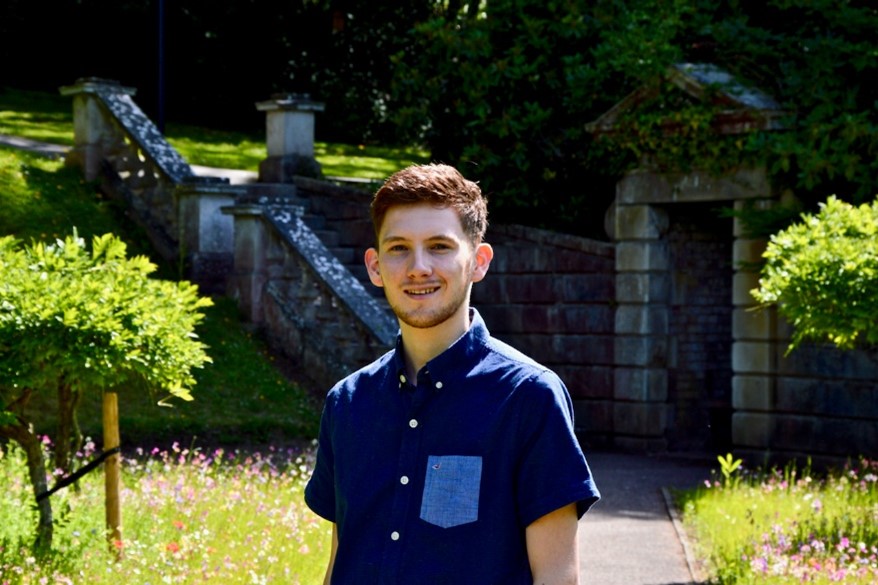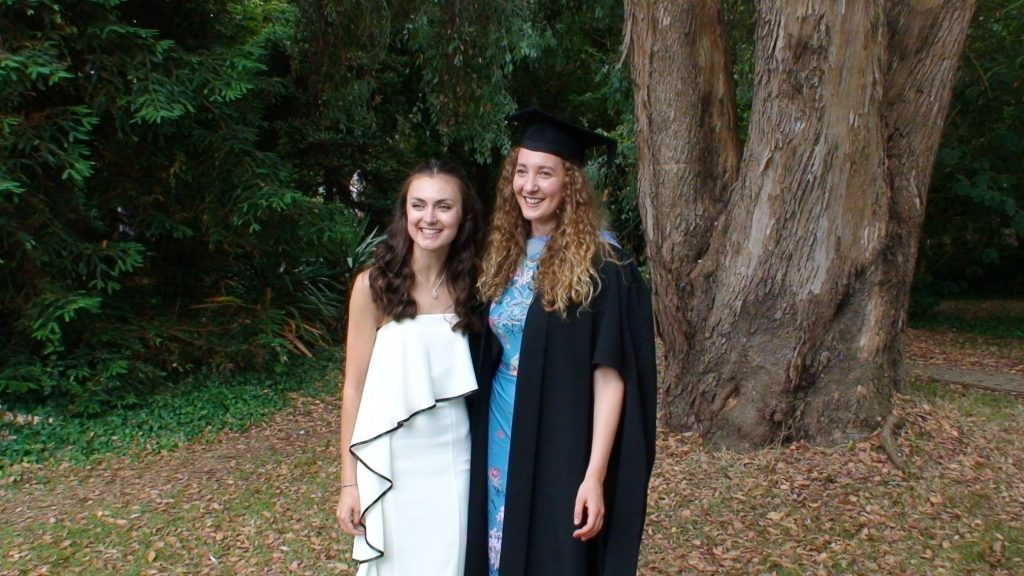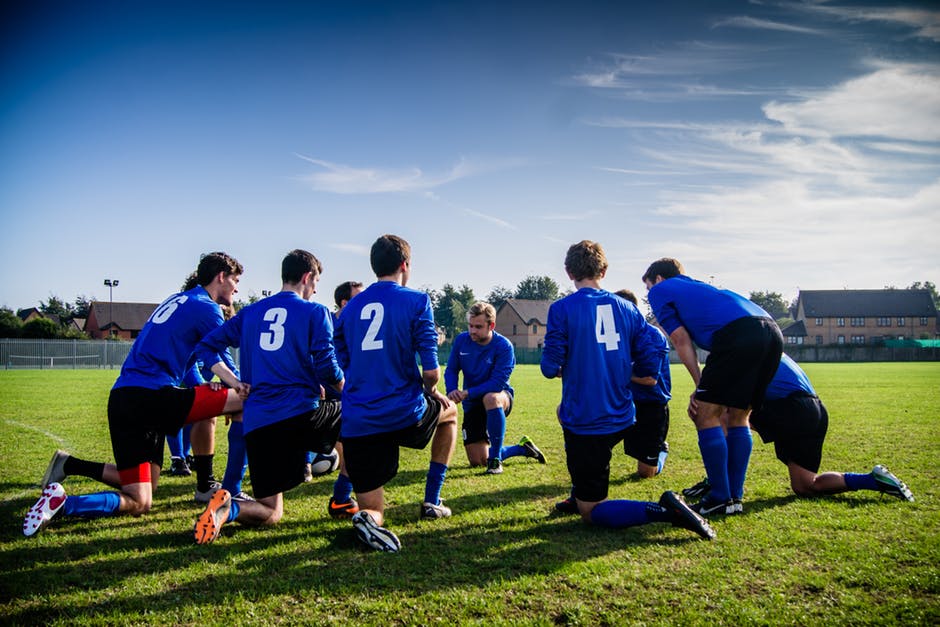Name of Student: Ben Fisher
Degree Subject: BSC Biological Sciences
Job Title: Mini Module Research Intern
Company Name: College of Life and Environmental Sciences
Type of Internship: Student Campus Partnerships (SCPs)
What were your key duties and responsibilities during your internship?
Researching the current teaching provisions for maths across the Biosciences programmes. Assessing the mathematical ability of incoming A-level entrants and then using these two data sets to identify learning gaps. I then developed new interactive module content to help teach the concepts identified as being part of the learning gap, and finally presented all my work to the education committee at departmental level.
What outputs and outcomes did you deliver for your employer?
Outputs: Analysed data sets, reports on learning tools, reports on current teaching provisions, new online teaching material.
Outcomes: Yet to be seen, hopefully an increased awareness of the importance of maths skills for teaching staff to consider and an increased understanding of key statistical concepts for first year students through using the new teaching tools.
What was your biggest achievement on your internship?
Initially I was employed as a research intern, to examine the data sets that were available and analyse those for where future development could occur. I decided that my research would only be valuable if there was a physical output from the research that would aid students. Through discussions with my supervisor I identified both a platform on which these new teaching tools could be developed fairly easily and identified the subject themes which would have the greatest impact (least understood topics). This resulted in the full development of 2 interactive learning tools for statistical concepts with a 3rd tool partially developed. These are new to Biosciences and take a form that hasn’t been done before, combining content delivery with continuous assessment in research based teaching scenarios.
Skills Learnt
- Ability to Work Under Pressure
- Organisation
- Strategic Planning
- Time and Work Load Management
- Focus on Goals and Outcomes
Attributes Developed
- Commercial Awareness
- Confidence
- Initiative
- Perseverance
- Motivation
Your message to other students considering a similar job role, organisation or sector?
“From the interview through to regular supervision meetings, my placement replicated a real working environment. This gave me a valuable insight in to what a research focused career could look like which will be especially useful for future career planning. I particularly enjoyed being able to discuss my work with members of staff in a professional forum who were passionate about my research area. I felt that my work was valued and my contributions and opinions would be taken on board, which was a key motivator for my throughout my placement.”










